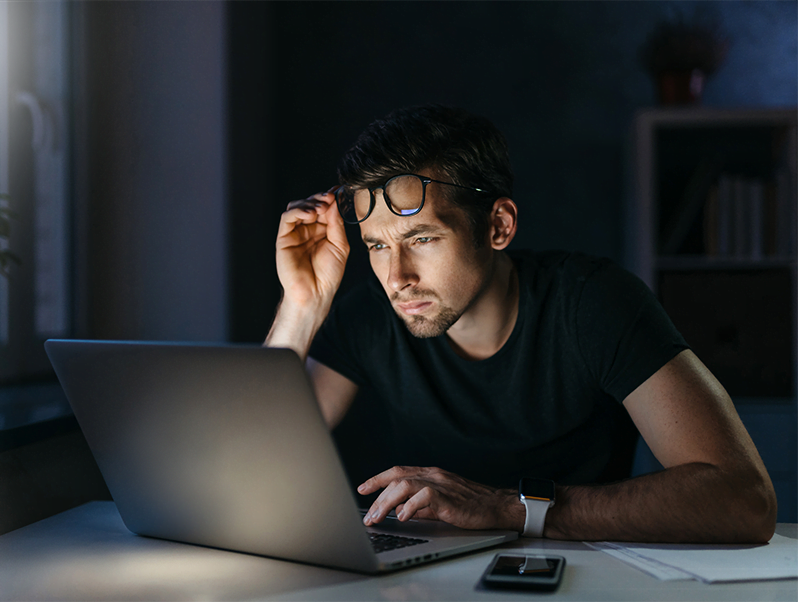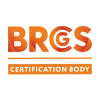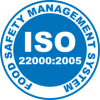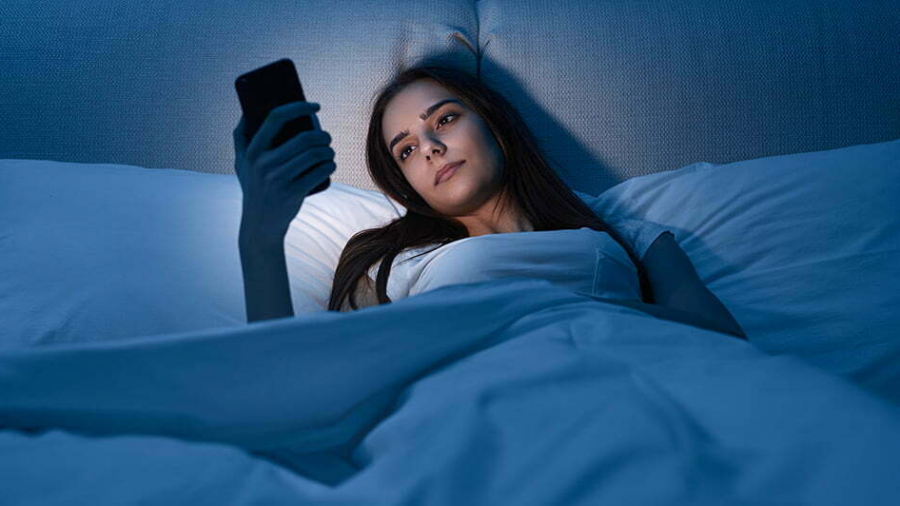What has the pandemic done to our eyes? The coronavirus pandemic caught the world off-guard, sending businesses into a downward spiral and caused many to lose their jobs. World leaders and the authorities are at a loss of how to contain the virus. As a result, many of us were confined in our homes. A lockdown was issued.
Staying indoors sounded good at first, and for a while, it did. Lockdowns around the world opened up new opportunities for us. Some began to learn new life skills while others picked up new baking and cooking achievements.

Fast forward a year and Malaysians have celebrated the anniversary of being in a lockdown. We’re left trying to assess if we could still see the same as we did before the COVID era as a result of our increased indoor time and all the days spent hunched over our laptops and the nights watching movies and serial dramas on Netflix.
Our children aren’t spared either. Schools were forced to close temporarily, causing lessons and classes to be carried out online. This meant that our children had to attend school using available laptops and desktop computers at home, in addition to their usage of other smart gadgets like smartphones, tablets and the television during their hours of entertainment.
Computer screen time is damaging our eyes
Children are spending a lot more time on-screen as schools moved from the classroom to the computer. Many working adults are logging in more time for work, entertaining Zoom calls while juggling household responsibilities, and the elderly are content with catching up on their favourite serial dramas on Netflix.

Technology OVERLOAD at every age
1 in 4 Kids (Born 1997 – 2014) | 3 hours/day | 2 in 5 Millennials (Born 1981 – 1996) | 9 hours/day |
1 in 3 Gen Xers (Born 1965 – 1980) | 9 hours/day | 1 in 4 Boomers (Born 1946 – 1964) | 9 hours/day |
After all, what else is there to do when you are indoors most of the time? Too much screen time can be damaging to our vision. That’s because our eyes aren’t built to read screens.
- An analysis on myopia published in the American Journal of Ophthalmology in 2020 found that myopia could potentially be aggravated during and beyond the outbreak of the COVID-19 pandemic.
- A study published in JAMA Ophthalmology in Jan 2021 found that home confinement during the COVID-19 pandemic appeared to be associated with a significant myopic shift for children aged 6-8 years.
- Another study assessed the impact of the lockdown on digital device usage and the effects it had on vision health, digital eye strain, and the slow deterioration of ocular health across all age groups.
The Damaging Effect of Blue Light is
BEYOND OUR EYES
Short-term vision effects

Blurred Vision

Headache

Eye Fatigue

Eye Strain

Dry Eyes
Long-term vision effects

Glaucoma

Age-related Macular Degeneration (AMD)

Cataract Conditions

Poor Visual Performance

Retinal Harm
Prevention is better than cure
We know it’s important to protect our eyes from the sun’s harmful ultraviolet (UV) rays. But we forget that the blue light from our digital devices are just as damaging to the eyes!
Continued exposure to blue light can damage our retinal cells and cause vision problems such as age-related macular degeneration (AMD) and cataract. According to a study by the National Eye Institute, children are more vulnerable than adults because their eyes absorb more blue light from digital devices.
As we get older, the ability to prevent attacks from the retinal that absorbs blue light becomes weaker. When the retina dies, it can lead to AMD, which causes blurred vision or even blind spots in the central vision that may grow larger. So, how do you protect your vision and prevent AMD and other vision problems from happening? Consuming health supplements that contain high concentrations of lutein and zeaxanthin can help with that.
Lutein and zeaxanthin, the building blocks for our eyes
Lutein and zeaxanthin make up most of the pigments in the macula (the centre of the retina), acting as a natural built-in sunglasses, neutralising harmful rays, and protecting the eyes against damage from free radicals.
Daily intake of these nutrients is important because our body cannot produce them. Gummy Vzio is one nutritional supplement that can help you. Gummy Vzio contains a perfect 5:1 ratio of lutein and zeaxanthin, extracted naturally from marigold flowers through a unique purification process, and comes with a Tri-Action Eye Health Formulation that filters, protects and rebuilds your eyes naturally from the inside out.
Lutein and zeaxanthin are powerful antioxidants that work as natural filters of blue light by protecting our cells from photo-induced oxidative stress and free radicals by neutralising them. Together, they increase macular pigment density and rebuild damaged cells. The higher the macular pigment density, the lower your risk is of getting AMD. Gummy Vzio is convenient, fun and easy to consume. It has received numerous international grade assurances for its high quality as shown below:
International Grade Assured for Good Quality

BRC Global Standard for Food Safety Certification

HACCP Food Safety Certification

GMP Certified

ISO 22000:2005 Certification

HALAL Certified
It is versatile and can be taken on-the-go. Suitable for vegans and vegetarians, it is gelatin-free, sugar-free, and made with natural colouring and flavouring. Make Gummy Vzio a part of your daily routine today!

